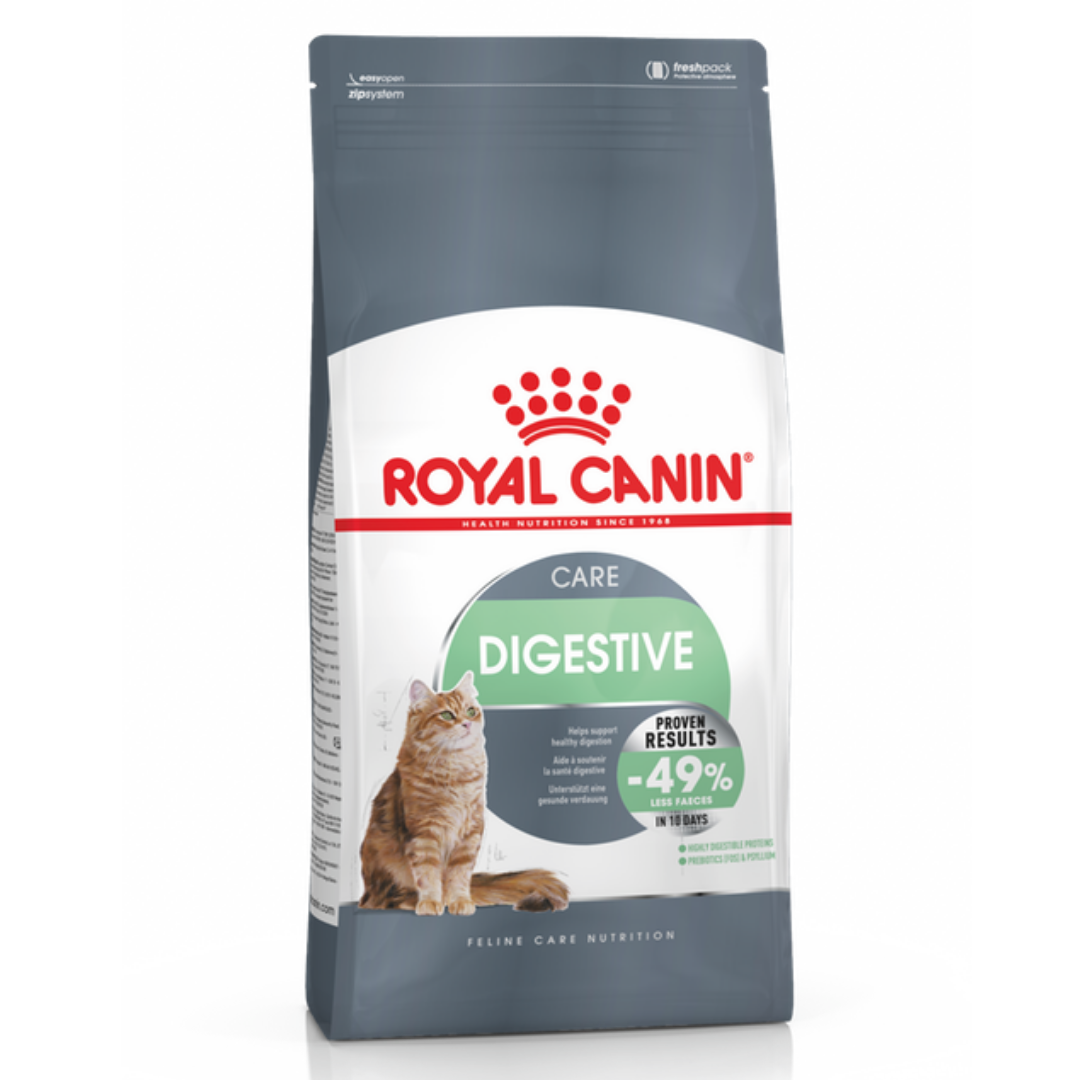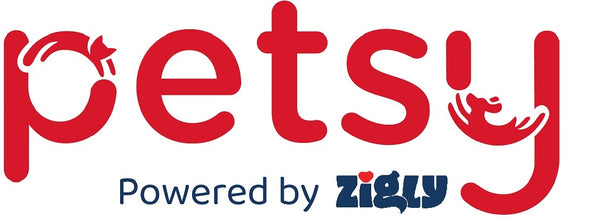
(inclusive of all taxes)
N&D Quinoa Skin & Coat is a complete dietetic food for cats, suggested for the reduction of ingredient and nutrient intolerances. It is a s...
View full details(inclusive of all taxes)


(inclusive of all taxes)
A cat's sensitive stomach and digestive tract can contribute to a large volume of poor quality faeces, which can be an indicator of poor digestion....
View full details(inclusive of all taxes)

(inclusive of all taxes)
Maintaining your cat's coat can be challenging, particularly in long-haired breeds. However, providing your cat with the right nutrients will great...
View full details(inclusive of all taxes)
Himalayans are known to shed more than they clean themselves, which means they can suffer from hairballs more often than other cats. In such cases, it is best to speak to your veterinarian about either a hairball-prevention diet or a hairball-prevention supplement. Apart from hairballs, the Himalayans can suffer from respiratory problems, especially in hot weather due to their thick coat and brachycephalic skull. Hence, it is best to put them onto a wet diet and keep them indoors under air conditioning when temperatures outside are more than 25 degrees Celsius. When it comes to nutrition, a tailored age-appropriate diet is crucial in ensuring a long and healthy life for your Himmie. Here’s a deeper insight into what must go into Himalayan cat food to ensure your kitty lives a long, happy, and healthy life -
Protein
Cats are carnivores who eat more protein compared to other animals of their size. Dietary protein helps with the development of muscle, maintenance of skin health, optimum synthesis of enzymes, proper hormone regulation, cell regeneration, antibody production, and growth of tendons, ligaments, and cartilage. Protein is also used as a secondary source of energy in cats. Cats need animal protein simply because they need specific nutrition from meat. A cat's digestive tract breaks down protein into amino acids and then reassembles those amino acids into the specific type of protein required by the cat at any particular time - fascinating, right? Cats need the following amino acids (that are best found in animal tissue instead of plant protein) - Arginine, Histidine, Isoleucine, Lysine, Leucine, Methionine, Phenylalanine, Threonine, Taurine, Tryptophan, and Valine. According to the AAFCO, adult cats need a minimum of 26% of crude protein. Kittens, nursing cats, and lactating cats need around 30%, whilst senior cats need around 28%.
Fat
Healthy fats are often in the form of oils - fish oil, cod liver oil, olive oil, coconut oil, sunflower oil, and more. They help with cushioning organs, improving brain function, maintaining healthy skin and coat, decreasing allergies, and improving digestion. Fatty acids are found in ingredients such as fish, chicken, liver, pork, mutton, beef and so on. According to the AAFCO, cats require a minimum of 9% of fat (dry matter basis).
Carbohydrates
Oftentimes, a cat's diet is loaded with carbohydrates to make up for the lack of animal protein, when in reality, they require less than 10% of carbohydrates in their diet. Cats have evolved to derive their energy from protein and fats, leaving very little requirement of the same from carbohydrates. In fact, some cats are allergic to certain types of carbohydrates. Before attempting to feed your cat carbs, it is best to check with a veterinarian to see whether it would suit your cat's digestive system or cause an adverse reaction.
Vitamins & Minerals
Essential vitamins and minerals for your kitty are found in vegetables, fruits, and seeds. Calcium, phosphorus, potassium, sodium, magnesium, zinc, and iron are essential minerals, likewise, vitamins A, B, C, D, E, and K are essential vitamins - all of which are found in nutritious, balanced, and wholesome cat food. Vitamins and minerals are necessary for proper hormone function, strengthening of joints, maintaining skin health, and boosting the immune system.
